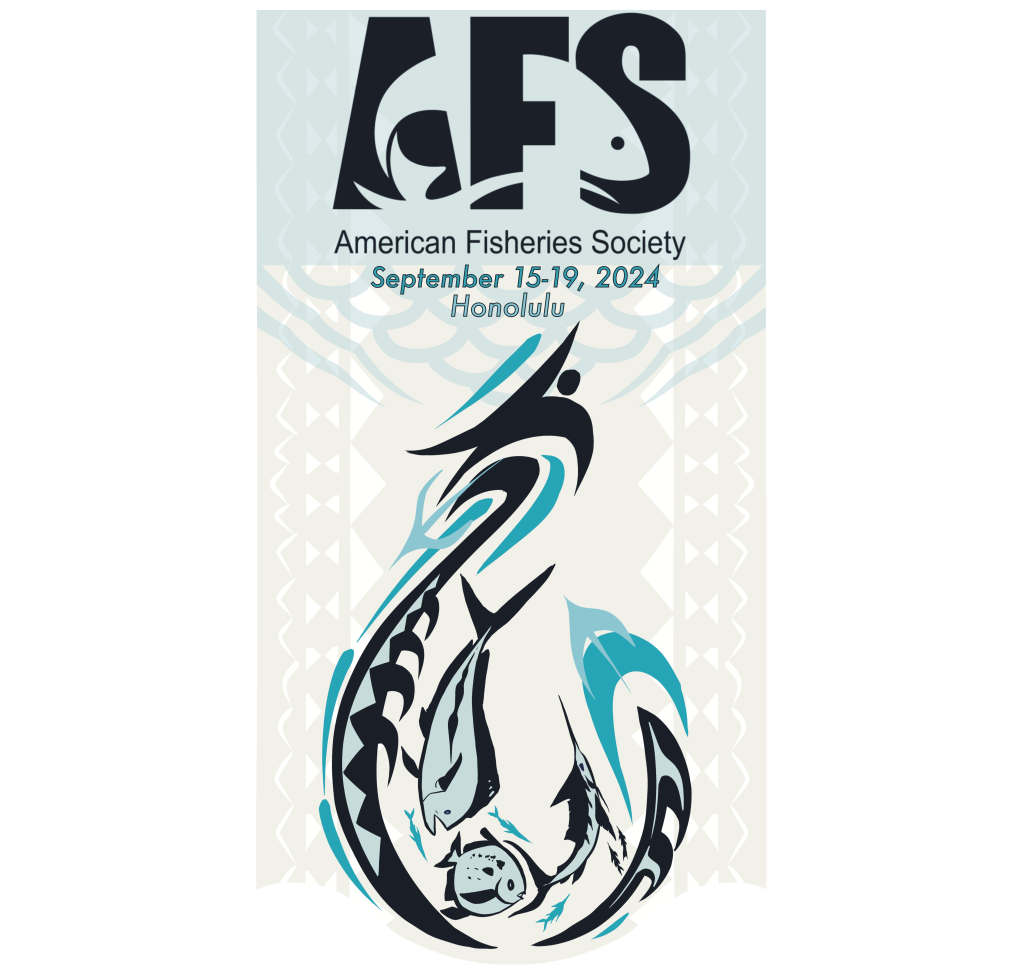The effects of fishing pressure, habitat loss and alterations, and climate change on fish populations can negatively impact fishing communities, coastal economies, culturally important resources, and world food supplies. In general, fisheries monitoring is a time-consuming manual process involving large data sets prone to human error. State and federal agencies as well as non-government entities have been interested in advanced technological solutions to enhance current fisheries monitoring capabilities. Although much work has been done in these areas, development of such systems has shown limited success. This symposium will bring together colleagues to present their current work, culminating in a panel to discuss advancements in the field and various applications. Presentations may also include community collaborations and integration of these technologies with cultural practices. The intent is to provide a forum to build collaborations that further develop and refine these technologies for more effective wide-ranging applications.
Organizer: Robert Vincent, MIT Sea Grant, [email protected]
Co-organizers: John Sheppard, Meghna Marjadi
Supported by: MIT Sea Grant, MA Division of Marine Fisheries, MIT CSAIL, Woodwell Climate Research Center, Northeastern University, UMass, Mystic River Watershed Association, Ipswich River Watershed Association, National Park Service, TNC, Mashpee Wampanoag Tribe
